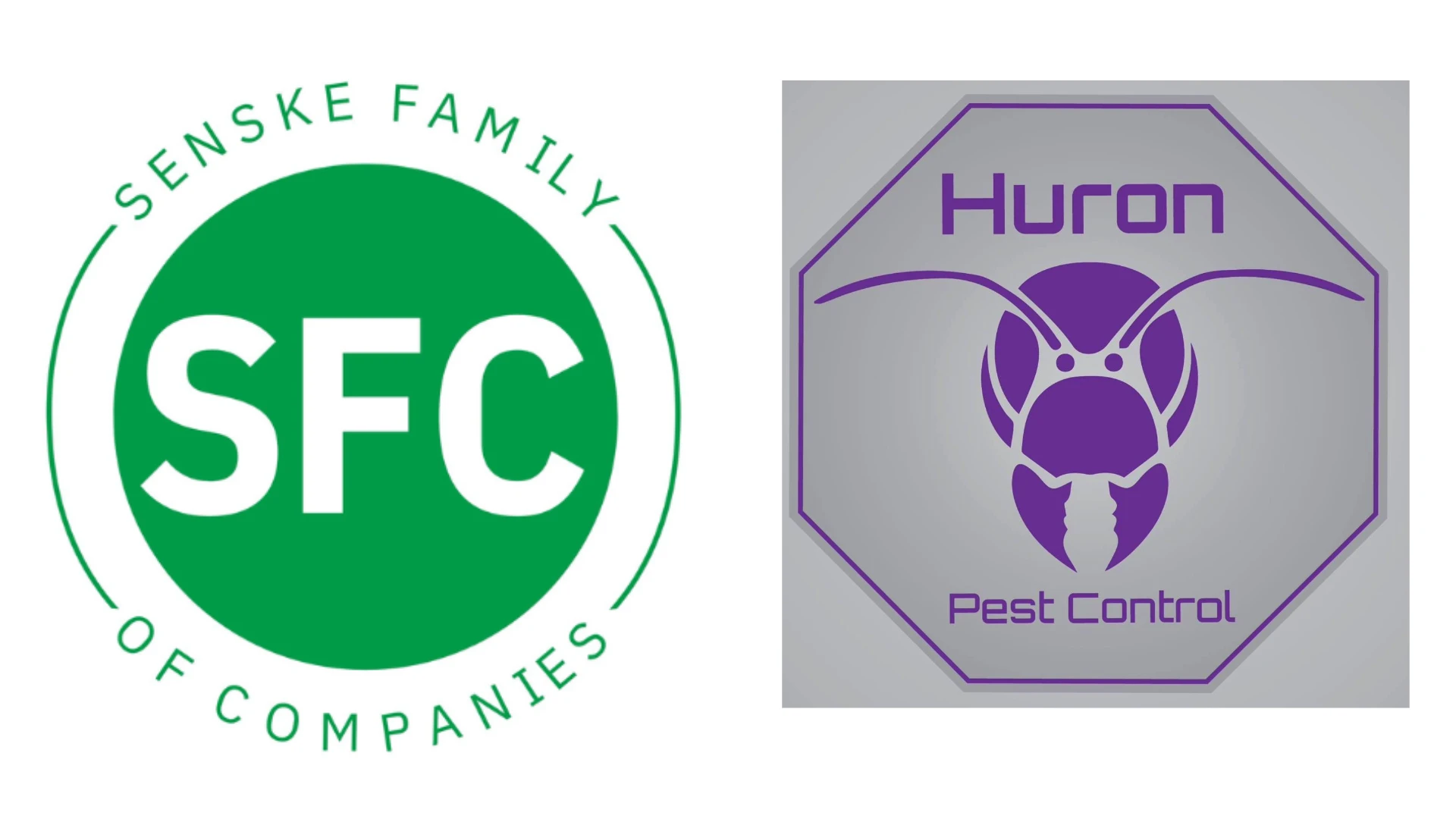
1. How much of a problem are tickborne diseases in the U.S.?
According to the Centers for Disease Control and Prevention (CDC), from 2004 to 2017 tickborne diseases in the U.S. increased by more than 160 percent. In 2018, the number of cases grew by over 22 percent, the second largest increase recorded. Lyme disease was the most prevalent, amounting to over 81 percent of these cases. More than 300,000 people are diagnosed with Lyme disease every year.
2. What causes Lyme disease?
Lyme disease is caused by the bacterium, Borrelia burgdorferi. Mice are the primary carriers of this bacterium and infected ticks can pass Lyme on to people and pets. In order for the Lyme disease bacterium to be transmitted, ticks must be attached to a person for 36 to 48 hours.
3. Should PMPs add a tick control program to their service programs?
PMPs have been responsive to public health trends by adding services aimed at protecting the overall health and well-being of their customers. Just as PMPs have targeted services for mosquitoes and bed bugs, tick services are essential to protect their customers’ safety and health. A tick service program is an easy and natural add-on to mosquito services and presents a significant growth opportunity for PMPs.
4. What are some of the best practices used in a tick service program?
Experts agree an IPM program works best against ticks. According to the IPM Institute of North America, key components to a successful IPM program for properties include spraying, treating host animals with tick control tubes and using good landscaping practices.
Tick Control Tubes were developed by Harvard University researchers at the School of Public Health. Each tube contains cotton treated with permethrin, an insecticide that kills ticks; the tubes are biodegradable. Mice are nocturnal and while foraging they find the cotton in the Tick Control Tubes and bring it back to their nest. The ticks feeding on the mice are exposed to the insecticide and die. This highly targeted and environmentally friendly approach kills the immature ticks on mice where sprays don’t reach, increasing the overall coverage area and program effectiveness.
5. How can I get additional information?
Contact: www.thermacell.com/tickpro
Thermacell Repellents Inc. is committed to liberating people who love the outdoors from the harmful effects of ticks and mosquitoes.
WANT MORE?
Enter your email to receive our newsletters.

Explore the January 2019 Issue
Check out more from this issue and find your next story to read.
Latest from Pest Control Technology
- Webinar: Employee Incentives — Going Beyond the Annual Raise
- Pest Control Companies Helping Neighbors in Need Eradicate Bed Bugs
- Why Does Marketing Feel So Opaque?
- How Did This Pest Get Its Name?
- Rose Pest Solutions Honors Top Performers with Annual Chief’s Club Awards
- Doug Foster on Termite Control Equipment, Resources
- Pest Control Consultants Acquires EcoGuard Pest Control
- Pest Index Increased 9 Percent YOY in February





